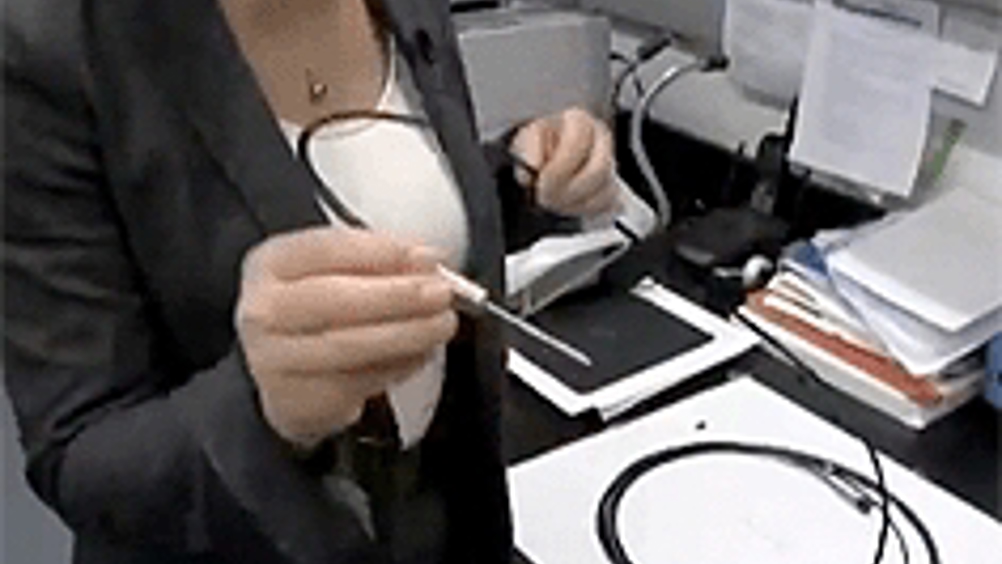Laser probe enables early diagnosis of oral cancer
University of California, Davis (UC Davis) researchers have developed a laser probe for the early detection of oral cancer.

Each year approximately 43,000 people in the US are diagnosed with tumours of the mouth, pharynx and larynx, and most cases are not diagnosed until the cancer has reached an advanced stage.
‘There’s a lot out there about breast, prostate and brain cancer, but people are not so aware about oral cancer,’ said Laura Marcu, a professor of biomedical engineering at UC Davis. ‘People don’t think to look for it and there isn’t any routine screening.’
Marcu’s laboratory collaborated with Dr Gregory Farwell’s group in the Department of Otolaryngology at the UC Davis Cancer Center to develop the fibre-optic probe.
According to UC Davis, the probe stimulates molecules in the patient’s tissues with a laser. Some of these molecules naturally respond by re-emitting fluorescent light. The device detects and analyses this light using time-resolved fluorescence spectroscopy (TR-LIFS), which provides information about the types of molecules present.
During surgery, blood can distort the intensity of the fluorescence signal but not its duration. By using measurements of the change in fluorescence over time, surgeons can see the tumour margins. It is claimed they can do this even as they are cutting tissue.
Register now to continue reading
Thanks for visiting The Engineer. You’ve now reached your monthly limit of news stories. Register for free to unlock unlimited access to all of our news coverage, as well as premium content including opinion, in-depth features and special reports.
Benefits of registering
-
In-depth insights and coverage of key emerging trends
-
Unrestricted access to special reports throughout the year
-
Daily technology news delivered straight to your inbox










Water Sector Talent Exodus Could Cripple The Sector
Maybe if things are essential for the running of a country and we want to pay a fair price we should be running these utilities on a not for profit...